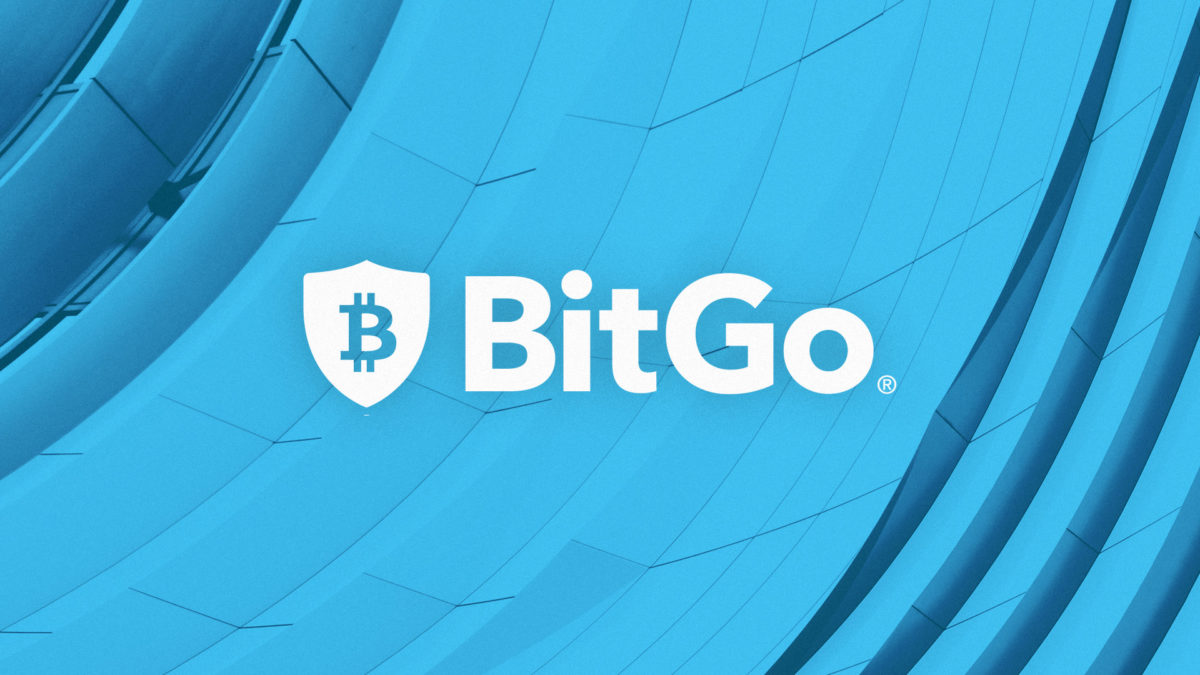BitGo Launches New Platform for Managing Web3 Tokens
17.09.2024 15:00 1 min. read Alexander Stefanov
BitGo, a leading U.S. cryptocurrency custodian, has introduced a new platform for managing and safeguarding native tokens used in Web3 protocols.
Announced on September 16, this regulated service is designed to help crypto-based organizations handle token distribution for investors, employees, and other stakeholders more efficiently.
The platform is aimed at addressing the complexities and security gaps that arise when Web3 protocols attempt to manage tokens through multiple unconnected systems, including non-custody wallets and smart contracts.
BitGo’s solution offers comprehensive management, including token vesting, distribution, staking, liquidity management, and tax reporting.
While self-custody avoids reliance on centralized entities, it can lead to risks such as cybersecurity threats and internal fraud.
Recent incidents, like the $6 million hack of DeFi protocol Delta Prime and the disappearance of BaseBros Fi with user funds, highlight these risks. BitGo’s new platform, insured up to $250 million, aims to mitigate these issues by providing robust security and compliance features.
-
1
Weekly Recap: Key Shifts and Milestones Across the Crypto Ecosystem
06.07.2025 17:00 4 min. read -
2
Trump Imposes 50% Tariff on Brazil: Political Tensions and Censorship at the Center
10.07.2025 7:00 2 min. read -
3
Key Crypto Events to Watch in the Next Months
20.07.2025 22:00 2 min. read -
4
USA Imposes Tariffs on Multiple Countries: How the Crypto Market Could React
08.07.2025 8:30 2 min. read -
5
UAE Regulators Dismiss Toncoin Residency Rumors
07.07.2025 11:12 2 min. read
Two Upcoming Decisions Could Shake Crypto Markets This Week
The final days of July could bring critical developments that reshape investor sentiment and influence the next leg of the crypto market’s trend.
Winklevoss Slams JPMorgan for Blocking Gemini’s Banking Access
Tyler Winklevoss, co-founder of crypto exchange Gemini, has accused JPMorgan of retaliating against the platform by freezing its effort to restore banking services.
Robert Kiyosaki Warns: ETFs Aren’t The Real Thing
Renowned author and financial educator Robert Kiyosaki has issued a word of caution to everyday investors relying too heavily on exchange-traded funds (ETFs).
Bitwise CIO: The Four-Year Crypto Cycle is Breaking Down
The classic four-year crypto market cycle—long driven by Bitcoin halvings and boom-bust investor behavior—is losing relevance, according to Bitwise CIO Matt Hougan.
-
1
Weekly Recap: Key Shifts and Milestones Across the Crypto Ecosystem
06.07.2025 17:00 4 min. read -
2
Trump Imposes 50% Tariff on Brazil: Political Tensions and Censorship at the Center
10.07.2025 7:00 2 min. read -
3
Key Crypto Events to Watch in the Next Months
20.07.2025 22:00 2 min. read -
4
USA Imposes Tariffs on Multiple Countries: How the Crypto Market Could React
08.07.2025 8:30 2 min. read -
5
UAE Regulators Dismiss Toncoin Residency Rumors
07.07.2025 11:12 2 min. read


